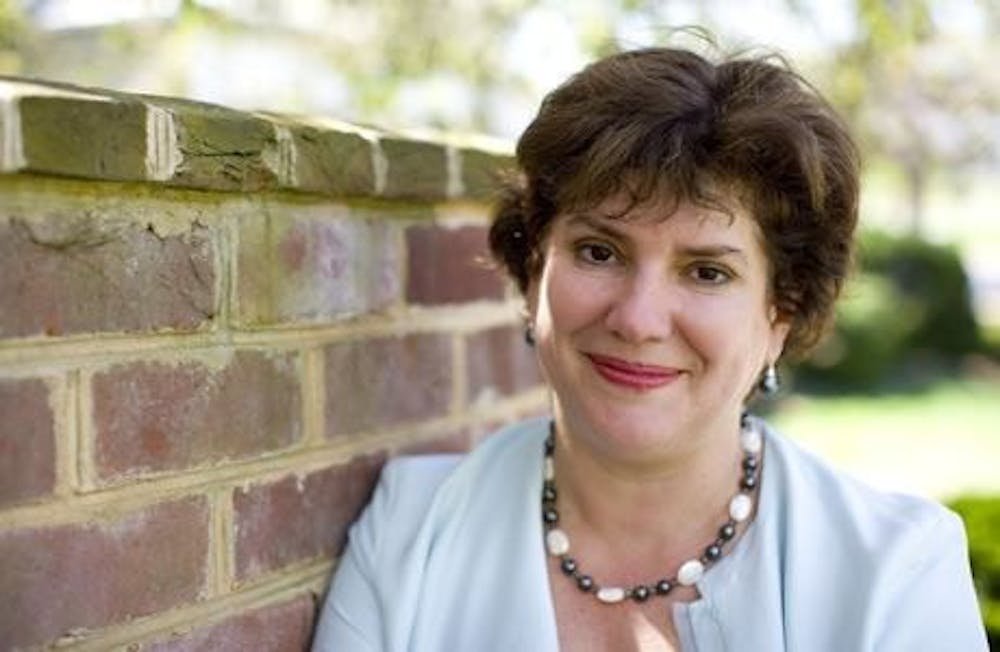The 850 U.Va. students who have hopped the pond to Lyon, France throughout the last 13 years have one person to thank for their opportunity to study, explore and grow overseas: French Prof. Janet Horne. Horne founded the University program in 2000, giving students “windows on the world” through a combination of lingual and cultural immersion. She recently returned from a trip to France where she conducted research on the language and even plans to publish a book on her findings.
Horne’s devotion to the study-abroad program stems from her own experience growing fluent in the language after living in France and spending time in Africa.
“When I was 20 years old, I crossed the Sahara Desert in a small little car,” Horne said. “There was nothing to do but talk. I was with a caravan of three cars full of people, and I only knew two of them — and they only spoke French. [Speaking with them] was a physical sensation — the words just kept pouring out.”
Armed with her love of the language, Horne has spent the last year exploring the roots of the French language and its effects around the world.
Her efforts produced a book about the Alliance Francaise, an international organization with 1000 branches in 136 countries that teaches French language and culture. The private organization was founded in 1883 during France’s colonial expansion and was used by the French government as a colonial tool in Africa.
“The French really believed speaking French would give [the Africans] access to a kind of education and view of the world that might help Africans have a connection with Europe, France and the world,” Horne said. “By the same token, they were still doing the work of a colonial power.”
To further her research, Horne spent significant time in the archives of the Ministry of Foreign Affairs in both Paris and Dakar, Senegal. There, Horne discovered what would ultimately become her thesis: that the French used their language to reinforce France’s position as both a trading and world power.
“[The French] have a cultural capital,” Horne said. “Not every country [has] that, and it was something people responded to. They had a tradition of human rights, enlightenment — things that were appealing to people around the world who were not used to the freedom of thought.”
In Paris, Horne was able to trace the French realization of their cultural power, pinpointing it as the reason the government invested so much into their cultural identity and language.
“The [French] subsidize films because they believe the French movie industry has something unique to say,” Horne said. “They believe in cultural specificity.”
Horne’s time spent in France will not only produce a manuscript, but also bring a fresh perspective to students taking her classes at the University. She hopes, armed with her recent research, to stress the importance of being well-versed in another language and culture.
“I don’t want us to get [so] complacent as Americans [that we] think English is enough,” Horne said. “That would weaken us and make our lives less rich. People don’t want to just talk about business — they want to talk about art and literature and music. [Speaking another language] still remains the key to opening that world, whatever language it may be.”







